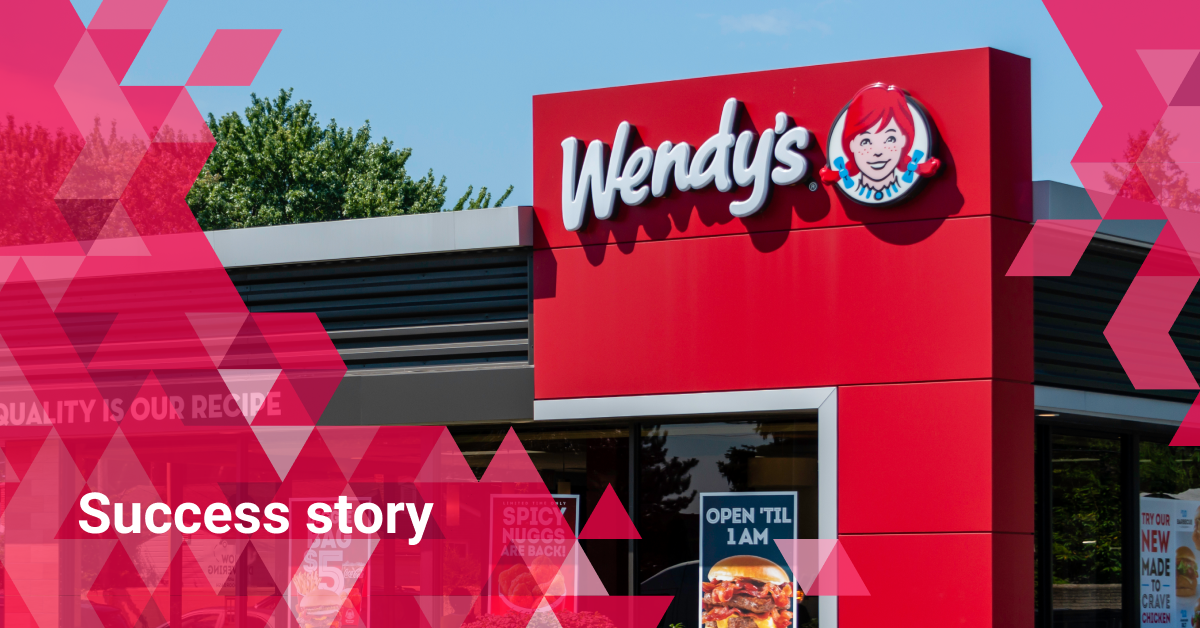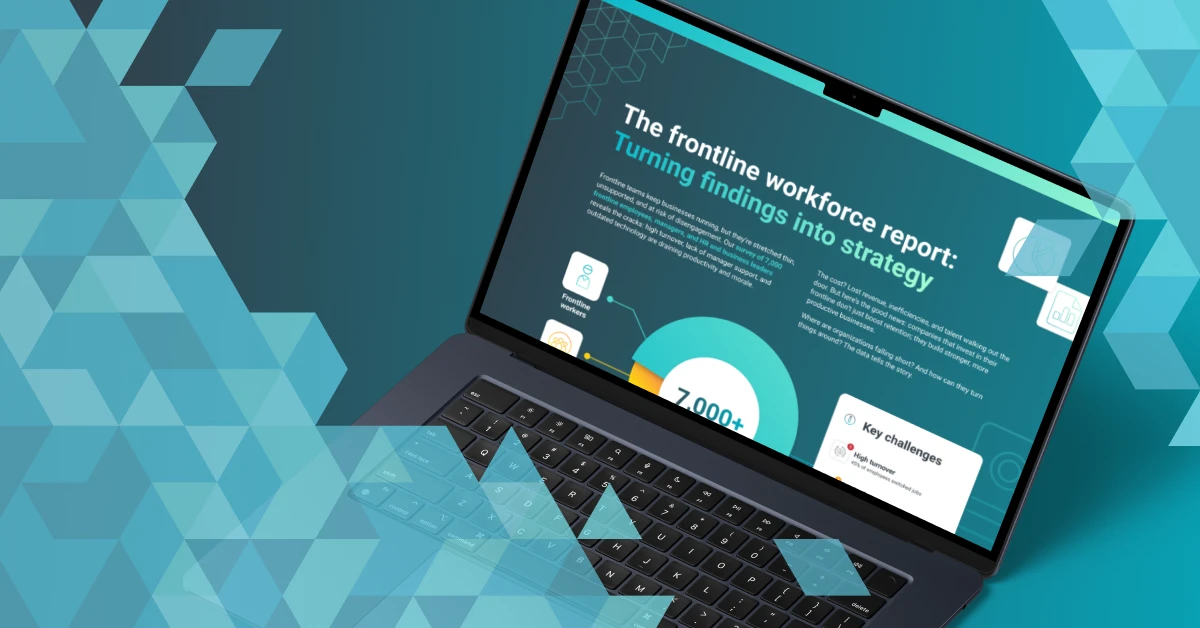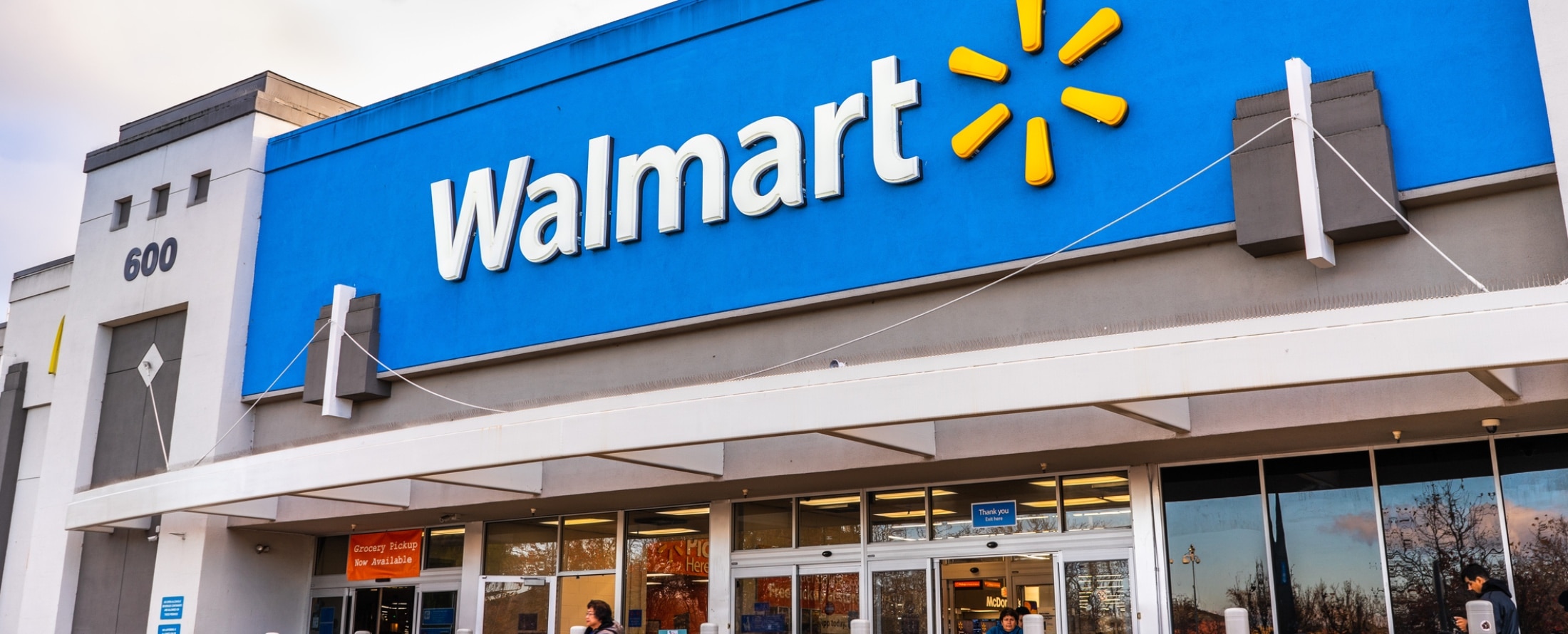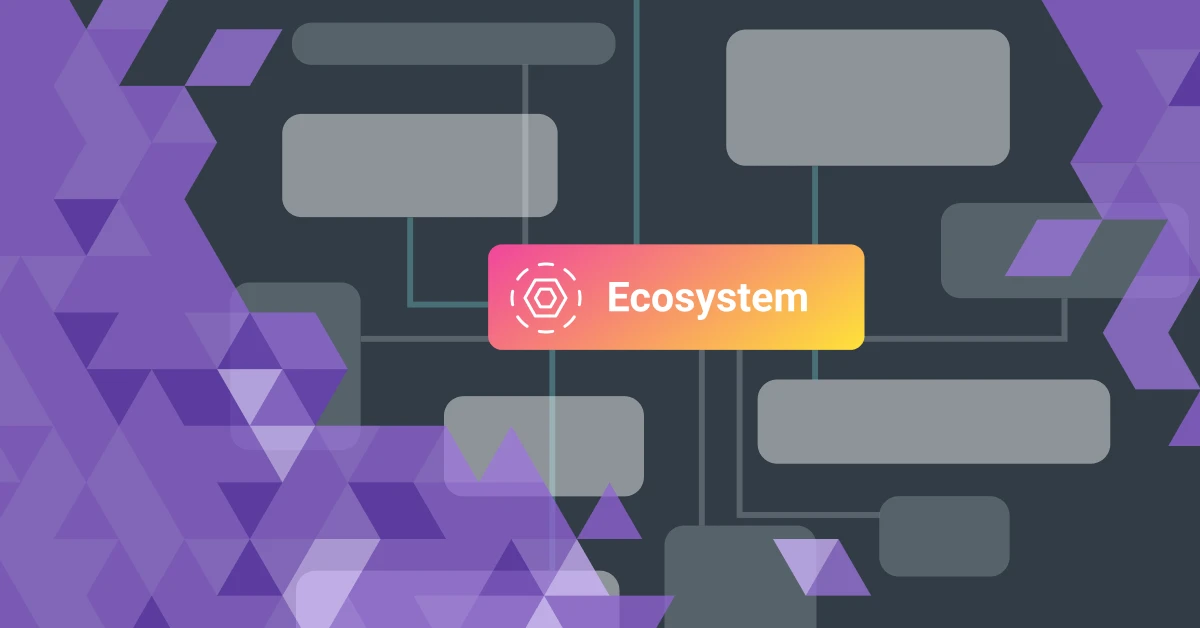Walmart recently made a big announcement. The company unveiled an app for its frontline workforce and committed to giving half of its employees a Samsung smartphone to ensure everyone has a way to stay connected to the company and their colleagues.
Walmart built the Me@Walmart app in house to provide their associates with an exclusive destination filled with new features to simplify daily tasks, serve customers, and plan for life outside of work. This is a bold move for the retailer, signaling that they are willing to invest big into building a direct line of communication between the corporate offices at Walmart headquarters and their frontline retail associates.
Why is this a big deal?
With 1.6 million associates in the United States alone (and 2.2 million globally), Walmart is the largest employer in the world. The company’s business decisions set trends that other frontline-majority organizations ultimately follow. Investing in mobile-first technology to digitally enable almost a million Walmart workers is sure to set a trend that other businesses will follow.
Giving Everyone Access To A Mobile Device
Despite the interest in increasing spend on deskless technologies, only 1% of software venture funding goes towards technology that serves frontline workers.. Not only has it led to a fragmented workforce, but companies have lost out on the valuable insight of their mobile teams.
But that’s all changing.
Two workplace trends emerged during the COVID-19 pandemic:
- Public recognition and appreciation for frontline workers hasn skyrocketed
- Digital transformation has accelerated
The pandemic has set the stage for a wave of investment into frontline-optimized technology. 86% of companies in a Harvard Business Review study now say their frontline teams need to be equipped with better technology. We’re seeing this growing trend with companies like American Airlines providing its frontline teams with Apple iPads and iPhone 12s and with Walmart making sure every employee has a Samsung mobile device.

Samsung has long been a supporter of frontline workers. We know because they’re a Beekeeper investor. In a piece they wrote, “Why we invested in Beekeeper”, they deepened the company’s commitment to essential workers.
“Work is being decentralized, and there is no single digital solution catering to the needs of this new breed of organization. Not only are fewer and fewer jobs tied to a desk, but entire industries of traditionally non desk-based workers have been essentially ignored by digital services.
That’s why today Samsung NEXT is proud to announce our investment in Beekeeper, which we believe is the first company to pull together communication and collaboration tools, as well as core business processes and a marketplace of integrations, into a single, mobile-first platform.”
Improve Recruitment and Retention with Mobile-First Tools
As companies recover from the pandemic, they’re facing a big challenge—hiring workers and keeping turnover to a minimum. What’s more, according to the U.S. Department of Labor, 4 million people quit their jobs in April 2021. Of those four million, 740,000 of those employees worked in the hospitality and leisure industry.
Why?
According to NPR, “As pandemic life recedes in the U.S., people are leaving their jobs in search of more money, more flexibility and more happiness. Many are rethinking what work means to them, how they are valued, and how they spend their time. “
Rebuilding a workforce will be a significant challenge that companies must overcome in the next few years. But the right technology can be the differentiator that gives a business a competitive advantage.
Millennials and Generation Z are a growing demographic in today’s workplace. In fact, by 2030 they’re slated to make up 70% of the world’s workforce. They’re digital natives who prefer to connect over a mobile device, even for work.
What else do workers want? Room to grow. It’s another way Walmart’s getting it right. 75% of Walmart’s management team were once on the company’s frontlines. A mobile productivity tool can provide learning opportunities so employees can gain the skills they need to advance up the corporate ladder.
10 Reasons To Give Frontline Access to Employer-Provided Mobile Tech
There are many benefits in providing frontline workers with a mobile collaboration platform. While 81% of Americans own a smartphone, 19% do not. Using this ratio, nearly a fifth of your frontline workers might not own a device that can connect them to the rest of the company.
Here are ten reasons why you should bridge that gap by providing workers with a mobile device.
- Creating a single point of contact to streamline communication and connect everyone
- As productivity and efficiency improve, you’ll see the results in a bigger bottom line
- With centralized communication, there are more collaboration opportunities and greater innovation
- You’ll empower workers with knowledge that will help them deliver better customer service
- You’ll have a full, 360-degree view of your company by getting valuable feedback from frontline workers through surveys and messaging
- Mobile apps collect and deliver employee engagement analytics (and 82% of companies who leverage analytics to make strategic decisions have higher profits.)
- Having access to shift schedules can help workers achieve a better work-life balance that improves the employee experience (and boosts retention)
- Workflows are more efficient when employees have information at their fingertips Frontline workers often spend an average of three hours a week just looking for the right information they need, time that could be spent on value-adding tasks
- Real-time communication between teams supports a safer workplace
- Dedicated workplace apps like Beekeeper have built-in data security
As large enterprises like Samsung and Walmart continue to invest in digitally enabling frontline employees, they’ll build a thriving workforce, create a competitive advantage for their brand, and begin to level the playing field of workplace communication.
Discover more digital transformation trends for frontline employees in our Frontline Worker Technology Report. Download your copy today

About the author
Beekeeper
Interested in learning more?
Join 1200+ companies transforming frontline work with Beekeeper. Start your journey today to make every task easier, every team stronger, and every shift smoother.








